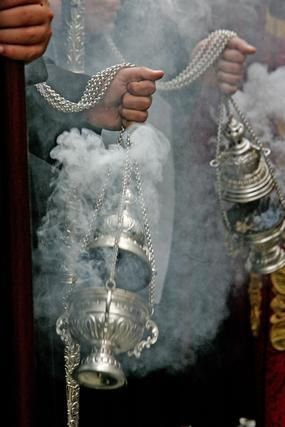
Whether someone keeps Lent on the Western Christian or Eastern Christian calendar, Lent is like death: it is better for us to prepare for it but it is coming, whether we are ready for it or not. And like death, it is best to prepare for it by forgiving old grudges and re-establishing relationships neglected or forgotten. Lent is meant to be a re-establishment of the harmony of Paradise, in which people lived in harmony with each other as well as with all creation.
The traditional fasting practices of Lent are best summed up with the axiom: “Don’t kill.” We give up eating anything that has to be killed so that we do not preserve our lives through violence. We pray and give alms to repair our relationships with God and each other and with the poor and needy around us. We spend these weeks, a tithe of the year, living in harmony–or at least trying to live in harmony–with everything and everyone. Of course, we should try to live this way all year long. But we don’t. So we dedicate this tithe of the year to attempting to at least live this way for a brief few weeks. (The traditional fasting days each week during the rest of the year are weekly booster-shots for us to restore this harmony every week.)
Fasting is important but the point is not to embrace misery or difficulty. The prophets criticize and reproach those who fast with the wrong intentions or for the wrong reasons but they never say that we should not fast; they tell us to fast but with the right attitude.
I would like to borrow a few words about fasting from Nicholas Denysenko:
“… Ultimately, Lent is a chance to set aside distractions – whatever they are – and awaken to God, humankind, and the cosmos – and to love them….
“Three helpful guidelines for food during Lent.
1. Less is more. Stop eating when you’re full.
2. Keep it simple and inexpensive. An extravagant vegan dinner is not more “Lenten” than baked chicken.
3. Don’t boast, discuss, or inquire about others’ eating habits.
“Three final words about Lent – and they’re not “bright sadness” – they come from and are directed to God Almighty –
1. Gratitude
2. Joy
3. Liberty”


